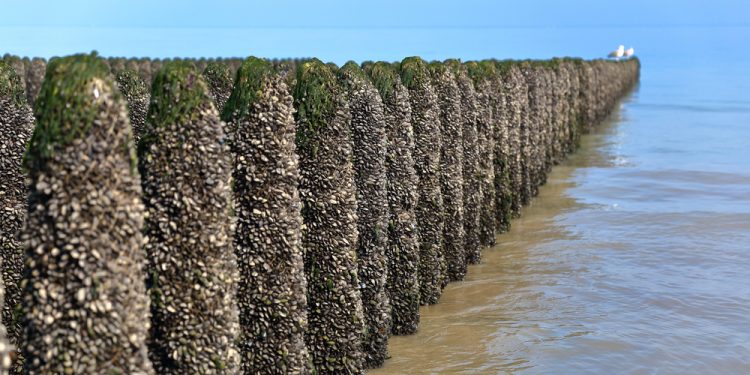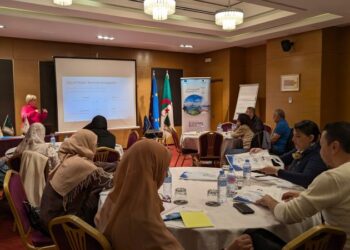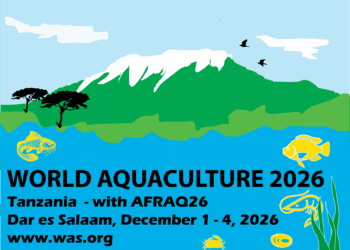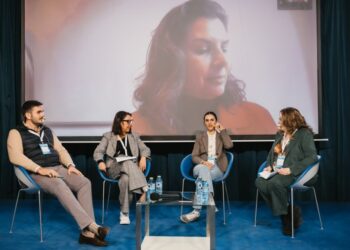Mussels: potential feed ingredient of the future – For the past five years, the Marine Research Institute of Norway has been conducting a groundbreaking research project to investigate the effectiveness of low-trophic marine resources, such as mussels and seaweed, as alternative ingredients in fish feed. With a growing global concern for sustainability, the research focused on the potential of these natural resources, abundant along the Norwegian coast, to replace more traditional ingredients in salmon feed.
During the project, three different feeding trials were conducted, showing that salmon can be effectively fed feeds containing mussels and sugar algae. These two marine resources were identified as the most promising for cultivation in Norway due to their abundance and sustainability. However, their applications as feed ingredients are different: sugar algae are low in fat and protein, while mussels are rich in essential nutrients for salmon.
The main interest of the project was to explore mussel processing methods that minimise environmental impact, such as ensiling, a process in which acid is added to the mussel flesh to accelerate its preservation. This method requires less energy than the production of mussel meal, making it more climate sustainable. The results showed that there were no significant differences in feed use between ensiled mussels and those processed into mussel meal.
The interest in mussels concerns not only their effectiveness as an ingredient in feed, but also their potential to reduce the climate footprint. Mussels grow naturally in the sea and have a low carbon footprint. However, the treatment of mussel shells once they reach land is crucial in determining their overall environmental impact.
Mussels: potential feed ingredient of the future








